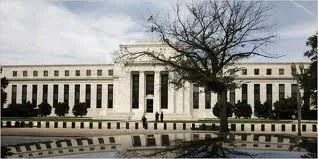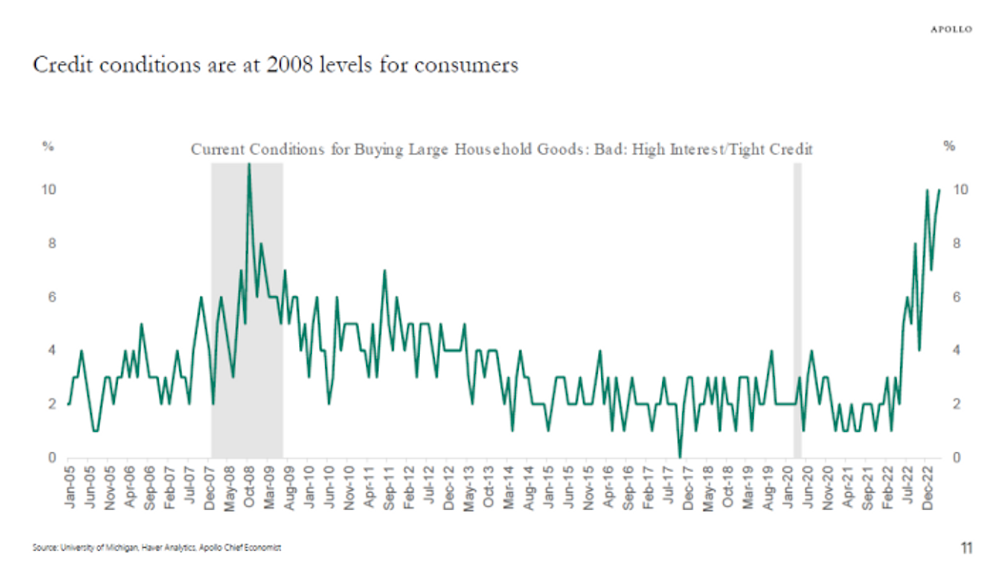WASHINGTON (MarketWatch)
The Federal Reserve on Wednesday said it rejected the capital plans of Citigroup and four other lenders, and Bank of America and Goldman Sachs were forced to adjust their plans to get approval
Citi's plan was rejected because there was not sufficient improvement in capital-planning practices that supervisors had previously identified as needing improvement
Three new firms to the testing -- the U.S. arms of HSBC Holdings , the Royal Bank of Scotland and Santander -- were also rejected due to significant deficiencies in their capital-planning processes, with Santander's problems also labelled "widespread."
Zions was rejected on quantitative grounds that were identified last week, and no qualitative problems were found
The remaining 23 banks including J.P. Morgan Chase and Morgan Stanley had their initial capital plans approved
The Federal Reserve on Wednesday said it rejected the capital plans of Citigroup and four other lenders, and Bank of America and Goldman Sachs were forced to adjust their plans to get approval
Citi's plan was rejected because there was not sufficient improvement in capital-planning practices that supervisors had previously identified as needing improvement
Three new firms to the testing -- the U.S. arms of HSBC Holdings , the Royal Bank of Scotland and Santander -- were also rejected due to significant deficiencies in their capital-planning processes, with Santander's problems also labelled "widespread."
Zions was rejected on quantitative grounds that were identified last week, and no qualitative problems were found
The remaining 23 banks including J.P. Morgan Chase and Morgan Stanley had their initial capital plans approved




















4 comentarios:
Vendan el Jueves acciones del Santander, se puede desplomar.
Minimicemos Riesgos
Gasto Real de los Consumidores 3,3% 2,8% 2,6%
GDP Indice de precio (trimestralmente) 1,6% 1,6% 1,6
Producto interior bruto (trimestralmente) 2,6% 2,7% 2,4%
Venta de viviendas pendientes (Mensualmente) -0,8% 0,3% -0,2%
By Ryan Tracy
Federal Reserve Gov. Daniel Tarullo gave a full-throated defense of the Fed's oversight of foreign banks operating in the U.S. on Thursday, a day after the regulator said three of those firms failed to adequately analyze how they would fare in a severe recession.
Mr. Tarullo laid out the case for a series of recent moves to force foreign banks to hold more loss-absorbing capital in their U.S. units, pushing back against criticism that the Fed was making it harder for those banks to compete or stepping on the toes of European regulators.
"Much of what we have done is simply to catch up" to regulations that U.S. banks face in the European Union and the United Kingdom, Mr. Tarullo said in remarks prepared for a Harvard Law School symposium in Armonk, N.Y. Thursday evening. "The United States is more a follower of the pattern set by the EU than it is an initiator of new kinds of requirements."
Mr. Tarullo, taking questions after the speech, said global regulators should be in closer discussions about bank activities. Mr. Tarullo called for "more real-time discussion among banking supervisors of the circumstances faced by big globally active banks" saying such conversations "at a more senior level is something to my mind doesn't exist as much as it should."
There is a "good bit of information sharing but it tends to be lagged, and you don't get as much as one might expect," he said.
The Fed's latest rules for overseas banks, adopted last month, require them to set up a U.S. holding company and maintain minimum levels of capital in the U.S. to protect against losses. During the 2008 crisis, some of those foreign banks came to the Fed for emergency lending, Mr. Tarullo noted.
The Fed also sounded a warning for foreign banks Wednesday when it barred the U.S. units of HSBC Holdings PLC, Royal Bank of Scotland Group PLC, and Banco Santander SA from increasing the dividends they send overseas after their "stress test" results didn't meet the Fed's standards.
Mr. Tarullo didn't address the results of the tests or monetary policy in his remarks on Thursday. He said that rather than violating any international standard for regulation, the Fed's moves are in step with global agreements that allow local flexibility.
Regulators should strive to work together, he said, but "presumptively, at least, nations should be able to adjust their regulatory systems based on local circumstances and their relative level of risk aversion as it pertains to the potential for financial instability."
"These firms cross borders in ways their regulators do not," Mr. Tarullo added. "We cannot ignore this fact and pretend that we have global oversight."
The Fed's limit on bank risk-taking known as the leverage ratio, which the new U.S. rules will apply to European banks, is likely to be matched by European supervisors in the coming years, eliminating any competitive imbalance, Mr. Tarullo said.
"A few foreign banks would prefer the old system under which they held relatively little capital in their very extensive U.S. operations. But that was neither safe for the financial system nor particularly fair to their competitors--U.S. and foreign--that hold significant amounts of capital here," Mr. Tarullo said.
He said the Fed's requirement for foreign firms to create a U.S. subsidiary differs from the way European rules are written, but that came in response to "a small number of very large foreign banks" attempting to evade U.S. capital standards, he said. "We needed to create this structural requirement."
WASHINGTON (MarketWatch) - Federal Reserve Chairwoman Janet Yellen said Monday that the recovery still feels like a recession to many Americans, which is why the central bank will keep its "extraordinary" support for the economy for "some time to come." In a speech to a Chicago community reinvestment conference, Yellen also provided evidence why there's still slack in the jobs market, and weighed in on the hot issue of why the participation rate is so low. The speech may come as a bit newsier than the market expected. Yellen expanded on the reasons she believes there are significant more people willing and capable to filling a job than there are jobs for them. "For the many reasons I have noted today, I think this extraordinary commitment is still needed and will be for some time, and I believe that view is widely shared by my fellow policymakers at the Fed," Yellen said. As for the tapering of bond purchases, that is "a judgment that recent progress in the labor market means our aid for the recovery need not grow as quickly."
Publicar un comentario